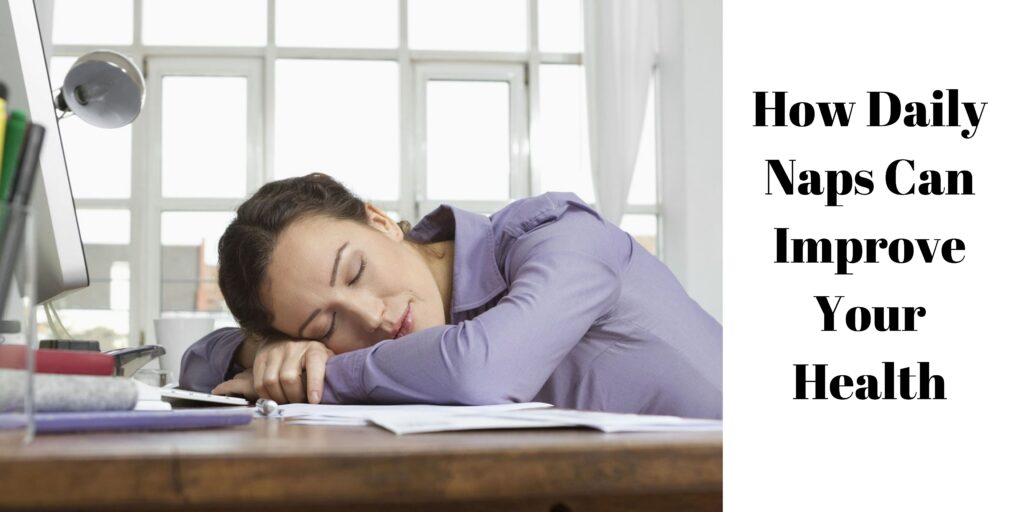Feeling guilty after your 20 minutes afternoon nap?
Please don’t.
Napping has lots of benefits. In fact, daytime snoozes are sometimes recommended as part of the treatment plan for patients with sleeping disorders.
However, to reap the benefits of an after-lunch nap, there are some things you should note.
First, keep your naps short. The recommended length for an afternoon nap should be 10-20 minutes. Anything longer than that will leave you feeling groggy.
Naps should also be taken in the early afternoon (before 3 p.m.) to ensure they don’t interfere with your sleep.
Also, remember to nap in a restful and comfortable environment. Taking a nap in your office chair may not be very helpful. Look for a quiet place where you can lie down. Cover your body with a Mela silk duvet cover or anything comfortable to make the nap even more restful.
You should also block out any distracting light and sounds. You can use an eye mask and noise-canceling earphones to help you get an uninterrupted nap.
Now that you know what to do to get a healthy nap, let’s look at the benefits of a midday nap.
- Improves Your Performance and Alertness
Lack of enough sleep can negatively affect your performance. The good news is that an afternoon nap can improve alertness and your reaction time.
A 2017 review study found that being sleep deprived affects your memory and limits your cognitive abilities.
However, a midday nap can help such individuals recover from the adverse effects of accumulated sleepiness.
- Can Relieve Stress
Are you feeling depressed?
A midday nap can help ease stressful feelings.
Most people wake up feeling relaxed after a short afternoon nap. Besides, a midday nap helps strengthen your body such that it’s better prepared to deal with stressful situations.
Moreover, for sleep-deprived people, naps will help strengthen their immune systems and keep their blood pressure in check during periods of stress.
- Helps You Sleep Better at Night
Short naps help improve daytime sleepiness.
Similarly, past research also shows that a mid-afternoon nap can help seniors and people with sleep disorders sleep better at night. Taking a short nap in the afternoon and combining it with moderate exercises such as jogging and swimming can help you sleep better if you’ve been struggling with nighttime sleep.
However, naps longer than 30 minutes or those taken too late in the day can make it harder for you to sleep at night. So, keep your afternoon nap short and have it between 12 p.m. and 3 p.m.

- Improves Your Mood
A power nap can turn a lousy mood around.
If you’re feeling irritable and frustrated, try a midday nap.
You’ll not only wake up feeling more refreshed, but also less impulsive and ready to deal with day-to-day frustrations.
- Improves Your Appearance
When you’re asleep, your skin makes collagen, a protein that prevents your skin from sagging and wrinkling. Getting enough sleep also improves blood flow to your skin, leading to a glowing complexion.
Besides, you’re less likely to have puffy eyes after a good, restful sleep.
If you’re not getting enough sleep, taking afternoon naps is a great way to supplement your sleep. Afternoon naps that don’t interfere with your nighttime rest will leave your appearance looking healthier and more attractive.
In closing, napping is good for you.
So, make it a habit to nap often.
Taking a short afternoon nap improves your alertness, performance, appearance, and mood. A midday nap also helps you sleep better at night, and it’s a great stress reliever.

